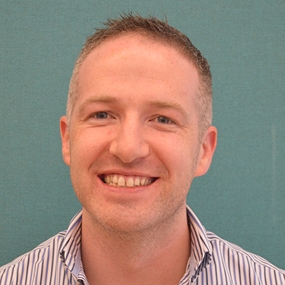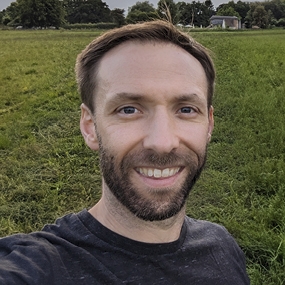- Bulletin: Autumn 2024
- Training and careers
2021 Curriculum: introduction of non-clinical SIAs
On 16 April 2024, the 2021 curriculum reached an important milestone.


The College received approval from the GMC for the remaining non-clinical Special Interest Areas (SIAs) as part of the new curriculum. This was the final aspect of the 2021 curriculum to gain approval from the GMC.
Anaesthetists in training across the UK will now have the opportunity to complete up to six months SIA time in one of four non-clinical domains:
- Safety and Quality Improvement
- Research and Managing data
- Education and Training
- Management and Regulatory Requirements.
These are an optional component of the 2021 curriculum. Each non-clinical SIA domain provides additional advanced learning outcomes beyond the requirements for the Stage 3 Generic Professional Capabilities to enable the anaesthetist to lead on this aspect of work as part of a future career.
To support the adoption of this new aspect of the curriculum, we have included some additional information for both anaesthetists in training and trainers alongside some frequently asked questions.
FAQs
Yes, each non-clinical SIA has a project-focused component that is tailored to the individual SIA, with leadership skills reflected across all the domains of this aspect of the curriculum.
Up to six months of SIA time can be utilised for a non-clinical SIA. In most cases this is likely to be a stand-alone six-month module of training, or it may be six months of a larger project such as a PhD or MD.
It is expected that the majority of the time is spent in activities directly related to the SIA. When clinical activities are completed during this time alongside the SIA, this should be linked to the relevant Stage 3 Capabilities.
No, only one non-clinical SIA may be undertaken during this period in order to allow the individual to gain sufficient clinical experience across other aspects of the curriculum. Anaesthetists in training who wish to complete a non-clinical SIA should select the domain that is most preferred at the time of selection.
The HALO (Holistic Assessment of Learning Outcomes) should be approved by a designated member of the local assessment faculty. This is likely to be a supervisor with a significant ongoing professional commitment relevant to the SIA. This mirrors the process that supports the programme of assessment across the 2021 curriculum as a whole.
The HALO supervisor should consider a broad scope of evidence to determine if the anaesthetist in training has met the requirements of the high-level learning outcomes for the SIA described in the curriculum.
Yes, a simulation-based education project can be included as part of the education and training SIA.
Yes, the LLP has been updated to include the non-clinical SIA domains, and information can be recorded in the usual way.
The College has produced HALO guides that have been incorporated into the RCoA assessment guidance. Each domain describes the distinct key capabilities for each non-clinical SIA domain. Further details on the examples of evidence that can be completed during the SIA can be found in the accompanying SIA HALO Guide.
This information can be found on our website.
The assessment guidance also includes specific support and guidance for trainers and HALO supervisors for each of the non-clinical SIAs.
Further resources are also planned to support adoption. This includes a new RCoA QI Handbook, developed in partnership with the College’s QI Leads.
We would also be keen to gain your feedback on how you have implemented this new aspect of the curriculum in your region so that we can share examples of good practice across schools in the future.
Acknowledgements
We would like to thank the schools of anaesthesia who shared examples of work as part of the scoping process to inform the development of this new aspect of the curriculum. We are also grateful to Drs Jo Budd, Dan Martin, and Joe Lipton, and the RCoA’s Anaesthesia Curriculum Development and Assurance Group, for their work in developing the content of the non-clinical SIA domains.

Would you like to read more articles from this Bulletin?


